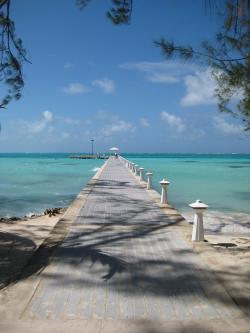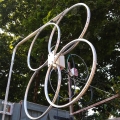jks
About
- Username
- jks
- Joined
- Visits
- 30,990
- Last Active
- Roles
- Member, Administrator, Moderator
- Points
- 279
Reactions
-
Unable to Access Forum from Home
-
** FIXED ** Flakey DC Plug on brand new Kiwi
The "Quickstart" if printed (A4) is about 37 pages now.
So? Who prints the whole thing out? I agree the website format is in desperate need of improvement, but that's a separate issue.
Also, "quickstart" appears in the URL for historical reasons and cannot be changed due to being embedded in (now) read-only content. But the document never says "QuickStart" internally. It's titled "Operating Information". The only QuickStart doc is the printed one inside the shipping box. It has its own PDF link: http://kiwisdr.com/quickstart/quickstart.pdf
How about an FAQ (forum) post with the most frequently asked questions that could have a short answer but then also point to the relevant QS sections or helpful forum posts.
No. Just improve the current FAQ. Add a "top 10" to the existing FAQ index perhaps. What would I do otherwise? Remove the old FAQ? Have two FAQs? Point the old to the new? How many new users read the forum versus the website? So many ill-considered questions here.
FYI The forum links in the quickstart are to the older forum.
Thanks. I thought I had done this. Fixed now.
-
KiwiSDR production status and availability
-
New KiwiSDR forum: differences and features
-
OV display time adjustment needed





